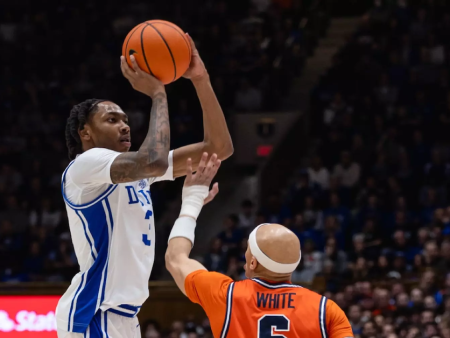
A new study focusing on Norwegian youth aged 12 to 17 has established a clear association between specific computer gaming activities and significantly increased rates of gambling problems among young people. The research, conducted by Spillforsk at the University of Bergen and led by Professor Ståle Pallesen, surveyed 9,000 adolescents in 2025.
The comprehensive survey highlighted the widespread nature of these activities: 27.7% of respondents reported purchasing loot boxes in the past year, while 29.4% had purchased skins, and 15.5% had engaged in skin betting.
Crucially, the study found that participants in these simulated gambling activities were highly overrepresented among those who reported experiencing both computer gaming and gambling problems.
Overall, 18.8% of the young people surveyed reported some form of gambling participation in the last year. The data revealed significant gender disparities in engagement, with 27.7% of boys reporting gambling compared to just 9.3% of girls. Similarly, 45% of boys and only 9% of girls reported making loot box purchases.
The findings indicate that these mechanisms are acting as a gateway to traditional gambling issues.
The research identified several general risk factors associated with both gaming and gambling problems, including poor health, experience with bullying, low life satisfaction, substance use (alcohol, tobacco, and energy drinks), and limited parental support.
The study found that 7.1% of respondents met the established criteria for gambling problems, with 15% showing symptoms of computer gaming problems.
These results align with rising international regulatory concern. Earlier this year, a UK Government investigation called for tighter regulation of skins gambling specifically to shield minors from gambling-related harm, reinforcing the need for policy intervention in Norway.
Professor Ståle Pallesen, Spillforsk, University of Bergen:
Through simulated gambling, young people are socialised into gambling, they learn the technical skills, but they learn a distorted reality where it is easy to win. It is clearly problematic when these young people get older and are exposed to other gambling games.
Atle Hamar, Director of the Lottery and Foundations Authority:
It is serious that activities that mimic gambling, such as loot boxes and skin betting, are a gateway to gambling. We are very concerned that this could lead to more young people developing gambling problems. It is worrying that young people in this age group are playing these types of games as they are considered to have high addictive potential and therefore have an 18-year age limit.





